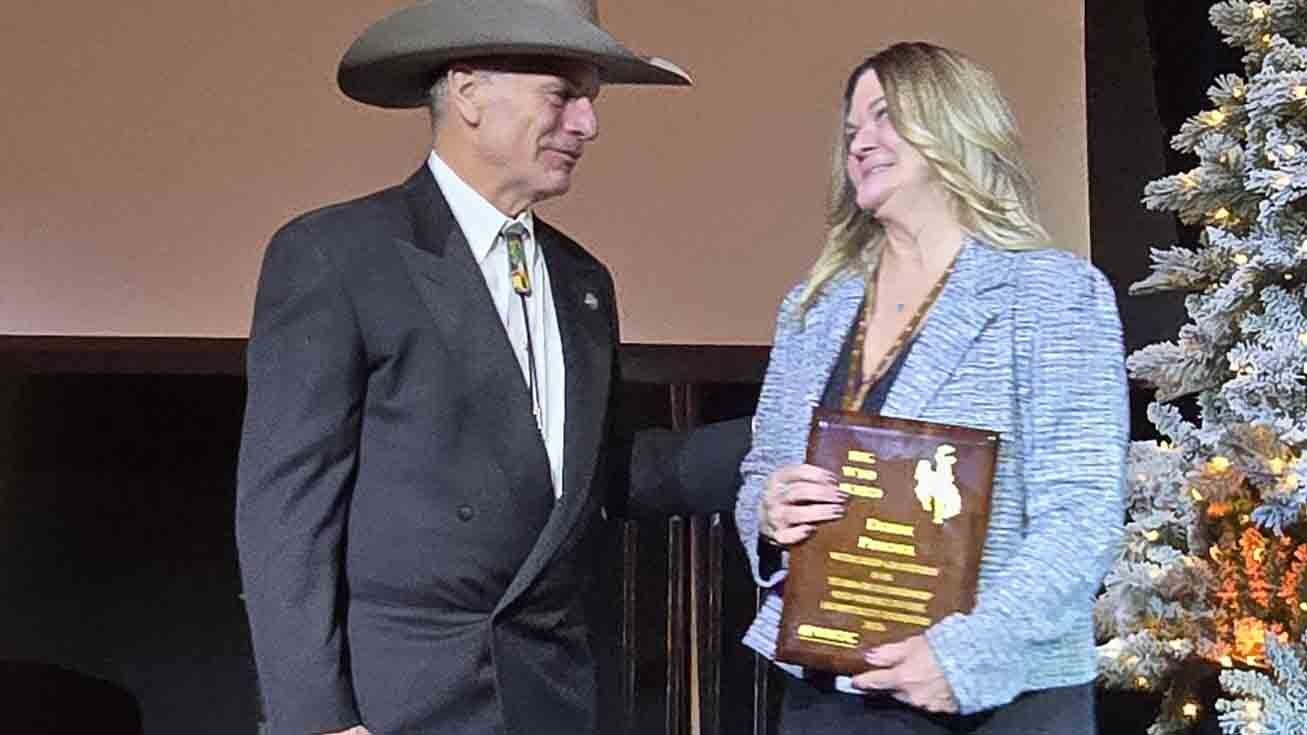Former U.S. Sen. Patrick Toomey, R-Pennsylvania, is taking issue with the Federal Reserve’s latest motion to dismiss the Custodia Bank case.
While not taking a particular position on the lawsuit itself, which alleges the Wyoming Special Purpose Depository Institution was improperly denied a master account with the Federal Reserve, Toomey said the Federal Reserve is completely misinterpreting an amendment he wrote while serving as ranking member of the Senate Banking Committee.
In what is now its third motion to dismiss the Custodia Bank case, the Federal Reserve contends that Toomey’s amendment, which required disclosure of who has a master account and who has been rejected, has given it new authority to decide whether a duly approved state-chartered bank may have a master account.
Judge Kelly H. Rankin has already rejected two previous motions for dismissal in the Custodia Bank case. He also rejected a hearing for the third motion, suggesting that there are no substantively new arguments.
Not So Fast
Toomey haș asked permission to file an amicus brief in the case to set the record straight on his amendment, the James M. Inhofe National Defense Authorization Act for Fiscal Year 2023 Amendment to the Federal Reserve.
Because he wrote the act in question, Toomey said he has a distinct interest in correcting the Federal Reserve’s “improper reading of his amendment.”
“Sen. Toomey submits this brief because Defendants’ arguments in this case, reading the Amendment as recognizing or bolstering their discretion to reject master account applications from statutorily eligible depository institutions, misconstrue the Amendment,” the proposed brief states. “As its text makes clear — and as the Board of Governors of the Federal Reserve System (the “Board) knows from conversations with the legislative staff during tis drafting — the Amendment was exclusively a transparency measure, requiring the Board to disclose the identity of entities that hold, or have submitted pending or rejected applications for, master accounts.”
Refusal To Cooperate
The impetus for his amendment, according to Toomey’s brief, was the uncooperative behavior of the Kansas City Federal Reserve, which had ignored repeated requests from the Senate Banking Committee for information about its handling of master account applications from duly state-chartered banks.
The words “reserve bank” that were added before “master account” were not a grant of new authority, Toomey said, but were simply cleaning up a technical description based on the suggestion of Federal Reserve staff to make it clear that established master accounts are associated with the regional Reserve Bank where the holder is located.
“Congress would not have hidden such a weighty statement on the balance of power within the Federal Reserve system within two definitional words — especially ones only included after being offered by the Board staff as merely ‘technical’ suggestions to address operational matters, and not as sources of authority or to settle any disputed matters about master account approval authority or discretion,” Toomey’s brief goes on to state.
Reject Argument As Fallacious
Toomey’s brief also urges the Wyoming District Court to reject the reasoning behind the federal agency’s third motion to dismiss the Custodia Bank case.
“The 2023 NDAA Amendment does not — and was not intended to grant or opine on any substantive rights of the Board or of the Reserve Banks,” Toomey’s amicus brief states. “The Amendment was drafted in response to the Board’s, and Kansas City Fed’s, refusal to address repeated Senate inquiries into the handling of Reserve Trust’s master account application.”
Holding the Kansas City Federal Reserve to account and creating more transparency were the only aims to Toomey’s amendment.
Case Is Heating UP
Toomey is the latest to horn in on the Custodia Bank case, which is likely to be precedent setting for Wyoming’s nascent digital banks, determining whether an entity that holds digital assets can even lawfully exist in America.
Wyoming has filed a motion requesting to join the lawsuit to defend its rights as a state to set up its own digital banking charter. The Cowboy State did that to attract law-abiding entrepreneurs who want to innovate in the financial sector. It’s hoped that will help diversify its economy, while also setting up rules that protect the customers of such businesses, similar to how a newly implemented credit card framework helped South Dakota do that decades ago.
Wyoming’s Special Purpose Depository Institutions charter was written hand-in-glove with the Kansas City Federal Reserve. Cowboy State Daily has been told more than 100 meetings were held between Wyoming and the KC Fed to while developing that law.
When Custodia Bank initially filed for its master account, it was told there are no “showstoppers” in its application, meaning nothing that appeared to stand in its way. Yet almost two years later, no action had been taken on the master account, even though these are typically acted on within five to seven days.
Custodia Bank initially filed its lawsuit in an attempt to force the Fed to take action on its master account, but it amended the suit immediately after the Fed issued a notice of rejection in January.
A more detailed explanation of the rejection was released in March, which seemed to stake out broad positions on cryptocurrency, including statements that suggest the Fed doesn’t to believe there’s any place for any cryptocurrency or other digital asset in the banking sector.
Custodia’s lawsuit questions whether the Federal Reserve has on its own the authority to reject a duly state-chartered bank. Case law has firmly established a dual-banking system in the United States, and states have been chartering their own banks for decades, Custodia contends.
More Cowboy State Daily Coverage:
Wyoming Says Federal Reserve “Unlawful And Discriminatory” In Custodia Bank Filing
Wyoming’s Digital Banks Caught Up In Crypto- Crossfire With Federal Reserve
Wyoming Will Be First State In Nation With Its Own Digital Coin
Lummis Draws Battle Lines For Future Of Wyoming’s Digital Asset Industries





